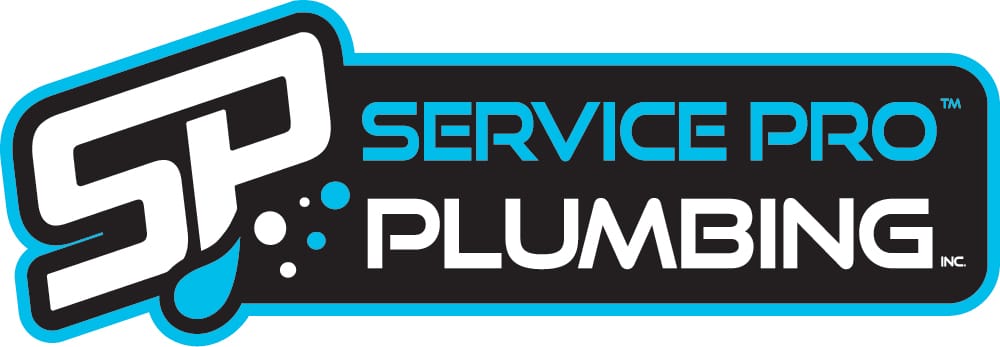Common Causes of Backflow and How to Prevent It
Backflow is a condition where contaminated water flows in the opposite direction from its normal flow, potentially contaminating your clean water supply. If not addressed promptly, this issue can lead to serious health hazards. Many households may be unaware of the dangers that backflow poses. Fortunately, these risks can be avoided by taking appropriate preventive measures. Understanding what causes backflow helps you identify and address problems early, preventing minor issues from becoming significant ones.
This guide provides all the essential information you need about pipe and drainage issues. If you’re currently dealing with backflow problems, professional plumbers can assist you with leak repair in Vancouver, WA, ensuring that your water supply remains safe and uncontaminated.

Common Causes of Backflow
Sewer Line Blockages in Vancouver
Blocked sewers are among the primary causes of backflow. Grease, wipes, and debris obstruct normal water flow, causing pressure to build and forcing the water to reverse its direction. This leads to backflow into your home, creating potential health and sanitation risks. Regular sewer and drain cleaning helps prevent severe blockages. However, if you’re experiencing frequent or significant buildup, it’s important to seek professional clogged drain cleaning services in Vancouver. Experts can safely remove all types of blockage without damaging your pipes. Avoid relying heavily on chemical drain cleaners, as they can corrode pipes and ultimately harm your plumbing system.
Tree Root Infiltration
Tree roots are another common cause of sewer pipe problems. Roots naturally grow toward moisture and often find their way into small cracks and crevices within sewer pipes. Once inside, they can obstruct water flow, resulting in blockages and even causing pipes to break. This situation significantly increases the risk of backflow issues. Warning signs typically include slow drainage and unpleasant odors coming from your bathroom or drains. A sewer camera inspection can effectively determine the severity and exact location of such damage. If the damage is extensive, professionals provide sewer pipe replacement in Vancouver, WA, ensuring a permanent and reliable solution to the issue.
Outdated Plumbing Systems in Vancouver
It is important to note that older pipes are more prone to failure than newer ones. They corrode and also reduce their strength and wear out. The disruption in the normal pressure of water can lead to backflow. Older models usually do not have safety features. It is wise for you to upgrade your system. There are several ways through which water filters will benefit you. In such a case, you should consider main sewer line repair in Vancouver, to drain the system and reverse the situation.
Broken or Damaged Pipes
Backflow often occurs due to burst or damaged pipes, as holes and cracks allow water to flow in the opposite direction. Such pipe damage may result from underground shifting, storms, aging infrastructure, or invasive tree roots, all of which create openings for contaminated water to enter your clean water supply. Small cracks can remain unnoticed and accumulate damage over several years, reinforcing the importance of regular plumbing check-ups and ongoing maintenance. Addressing these issues promptly helps prevent them from escalating into costly and emotionally stressful problems. For this reason, it’s essential to seek professional assistance quickly to resolve pipe-related concerns before they become overwhelming.
Heavy Rain or Flooding
Too much rainfall can flood your system. When the excess water cannot evacuate in sufficient amounts, this results in pressure build-up. This pressure can push the water that contains dirt back. It can flood sinks, tubs, and even the toilet. It is well-known that a lot of water accumulates during a heavy downpour. There is a high possibility of drains getting blocked or becoming slow. This is when backflow poses a real potential. Some valuables should also be checked after any flood, specifically your plumbing. It could be necessary to get an assessment.
Tips to Prevent Backflow
Some of the measures regarding backflow management include:
- Install backflow preventers in Vancouver where needed.
- Inspect and maintain plumbing yearly.
- Avoid flushing wipes or grease.
- Keep hoses out of dirty water.
- Hiring essentials for clogged drain cleaning in Vancouver
Conclusion
Backflow is a serious issue, but it’s also highly preventable. With increased awareness and proactive maintenance, homeowners can stop backflow before it becomes a significant problem. Keeping the plumbing system clean and performing regular inspections for leaks, blockages, and root intrusions greatly reduces the likelihood of backflow. If any issues are discovered, immediate professional assistance is crucial. Whether your plumbing requires minor repairs or full pipe replacements, expert plumbers are equipped to handle these tasks effectively. They offer dependable services, such as cleaning clogged drains in Vancouver, ensuring your home remains safe, clean, and dry all year round.
Yes, in many jurisdictions, local plumbing codes and regulations require the installation of backflow prevention devices, especially in systems where cross-connections are present. Compliance ensures the safety of the public water supply and prevents legal liabilities.
It is recommended to have backflow prevention devices tested annually by certified professionals. Regular testing ensures that devices are operational and effective in preventing contamination.
